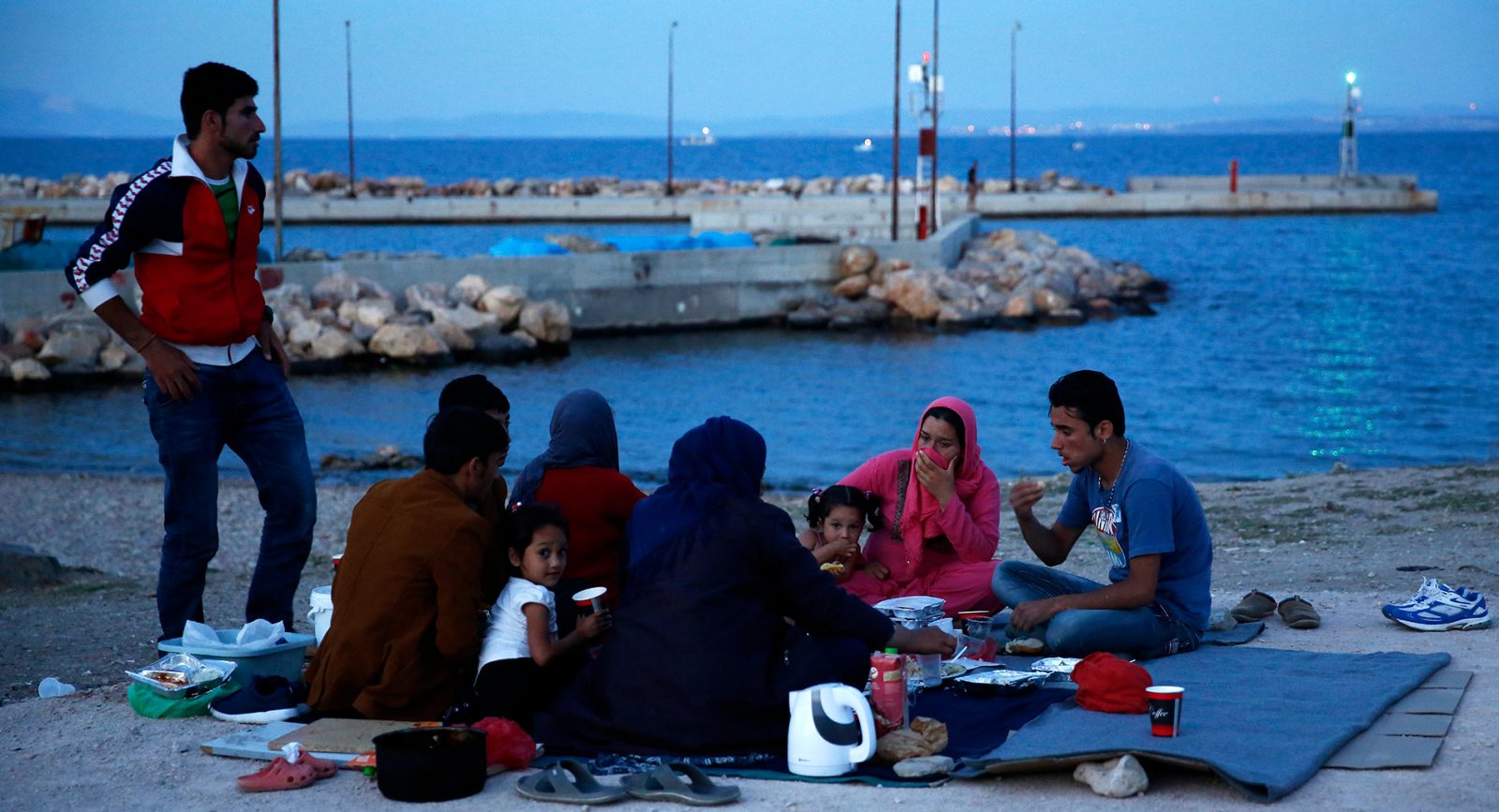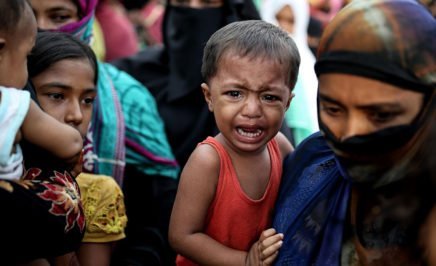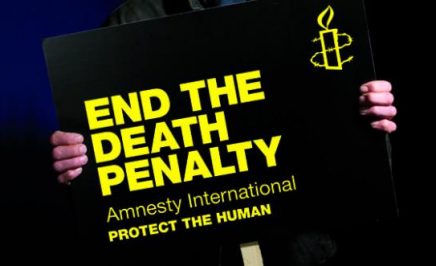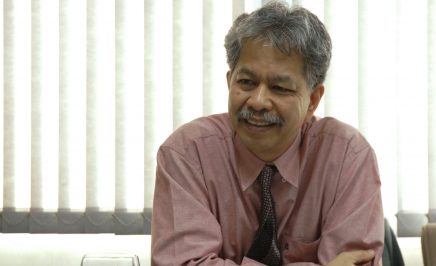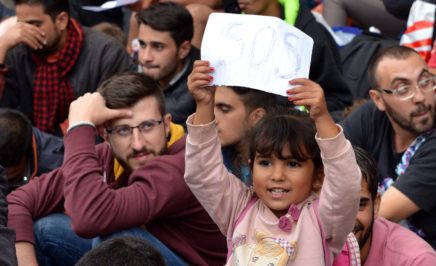With just under a week to go, a group of unlikely bedfellows including Australia, China, Egypt, India, Russia, Pakistan and the UK, among others, risk bulldozing through the only worldwide effort under way to provide concrete action to deal with the global refugee crisis affecting 20 million people.
By the end of July, United Nations (UN) member states meeting in New York plan to finalize the text of an agreement towards a Global Compact on Refugees to tackle the current crisis and deal with similar emergencies in future. In the coming days, states have a final chance to change their positions before an outcome document is locked in for adoption at a UN Summit in September.
“As time runs out to finalize what could and should be a game-changing agreement, so much hangs in the balance. Millions of refugees around the world are in desperate need – 86% live in low and middle-income countries often ill-equipped to host them, while many of the world’s wealthiest states host the fewest and do the least. This situation is inherently unfair,” said Salil Shetty, Amnesty International’s Secretary General.
“As time runs out to finalize what could and should be a game-changing agreement, so much hangs in the balance.”
salil shetty, amnesty international
“With more than 150 heads of state and government due to gather at the UN in September to lay the foundations for a new global framework to address this refugee crisis, we should be on the cusp of a historic breakthrough. What looms instead is possibly a shameful historic failure, with some states sacrificing refugees’ rights for selfish national interests.
“But there is still time to step back from the precipice. Together with our millions of supporters around the world, Amnesty International will let our leaders know we won’t accept failure.”
“Together with our millions of supporters around the world, Amnesty International will let our leaders know we won’t accept failure.”
salil shetty, amnesty international
Since November 2015, UN Secretary-General Ban Ki-moon has been calling for a new approach to large movements of refugees and migrants. In May 2016 he set out some proposals in a report to the General Assembly, including for internationally agreed Compacts on refugees and migrants. A final plan will be signed off in the coming week before being adopted on 19 September, at the UN General Assembly’s first-ever high-level summit on refugees and migrants, billed as “a historic opportunity to come up with a blueprint for a better international response”.
A cornerstone of the new deal is global responsibility sharing – no country should have to take on more than its fair share and all states should recognize their common legally binding responsibilities to fulfill the human rights of people who have been forced to leave their homes due to war or persecution. But instead of responsibility sharing many states are continuing to indulge in short-sighted, and ultimately self-defeating, responsibility shifting.
Amnesty International has proposed a five-point plan for UN member states to share responsibility for hosting and assisting refugees equitably – according to their GDP, unemployment and other objective criteria.
Amnesty International has proposed a five-point plan for UN member states to share responsibility for hosting and assisting refugees equitably – according to their GDP, unemployment and other objective criteria.
However, governments appear to be on the cusp of rejecting the summit’s responsibility-sharing aims for a variety of reasons. Even the phrase “responsibility-sharing” is in jeopardy. And the Compact on refugees will now be deferred for two years because some states insist on giving it absolute parity with a Compact on migration.
All these excuses boil down to a lack of political will; a willingness to tolerate the entirely preventable suffering of millions of people, to keep building fences and to carry on with business as usual.
“The time for business as usual is over. With wealthy countries not doing nearly enough to host and assist refugees, the responsibility-sharing at the root of the Global Compact is an idea whose time has come. Rich and influential countries must stop making excuses and pull their weight,” said Salil Shetty.
“Rich and influential countries must stop making excuses and pull their weight.”
salil shetty
“The international community has come together in the past to respond to refugee crises and the UN has in recent times agreed solutions to equally wide-ranging global challenges. A concrete mechanism to share responsibility could save millions from misery and death by drowning or disease, offering refugees real, safe and legal escape routes from war and persecution.”
Background
The Political Declaration due to be agreed in September and the Global Compact on Refugee Responsibility Sharing which would follow in 2018 would not replace the existing protection framework enshrined in the 1951 Refugee Convention and its accompanying 1967 Protocol. Instead, they aim to build on these norms by creating a durable system for dealing with long-term refugee flows and periodic surges.
Amnesty International has long lobbied governments around the world to do more to share responsibility to fulfill refugees’ rights, and will be launching a groundbreaking global campaign on the refugee crisis in September.
The organization’s members and supporters worldwide will continue to lobby their governments to support fair and genuine responsibility-sharing that gives refugees a real chance at starting a new life in safety and dignity.
